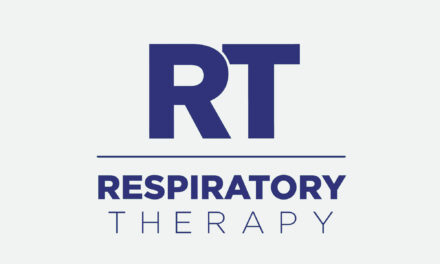According to Medscape, a potential RSV vaccine has shown promise in fighting the disease in a phase 1 clinical trial. Ruth Karron, MD, director of the Center for Immunization Research, and colleagues developed a live attenuated RSV vaccine using a virus deficient in a protein called M2-2, which is a key part of the virus’ machinery. RSV MEDI ?M2-2 was sequentially tested in 15 adults, 15 RSV-seropositive children, and 30 RSV-seronegative infants and children.
When results in RSV-seronegative children were compared with those achieved with the previous leading live attenuated RSV candidate vaccine, vaccine virus shedding was significantly lower, yet the post vaccination RSV-neutralizing serum antibody achieved was significantly greater, with a geometric mean titer of 1:97, according to Medscape. Overall, the spray allows development of immunity in the nose (where the virus initially takes hold), and then throughout the body.
In a university news release, Karron says, “These early clinical data are exciting, and make us think differently about the development of live vaccines for RSV. If this research is borne out in future studies, we could be less than a decade away from a safe and effective live-attenuated vaccine for RSV.”
In an accompanying editorial, Anne Moscona, MD, said the results of the trial were game changing and said the promise of this vaccine lies in its ability to break the link between viral replication and induction of an immune response that has thwarted the development of a safe and effective vaccine for decades, as noted on the Medscape report.
“By hijacking the virus’s transcriptional machinery and forcing the virus to delay its own replication while pumping out its proteins, this candidate vaccine reported by Karron et al. ‘delinks’ viral replication from the desired immune response for the first time,” Moscona writes. “It is tantalizing when a mechanism identified through beautiful basic virology research appears to be borne out in humans. Further trials in larger cohorts will be required to know whether this vaccine candidate can deliver on its promise.”
Source: Medscape










